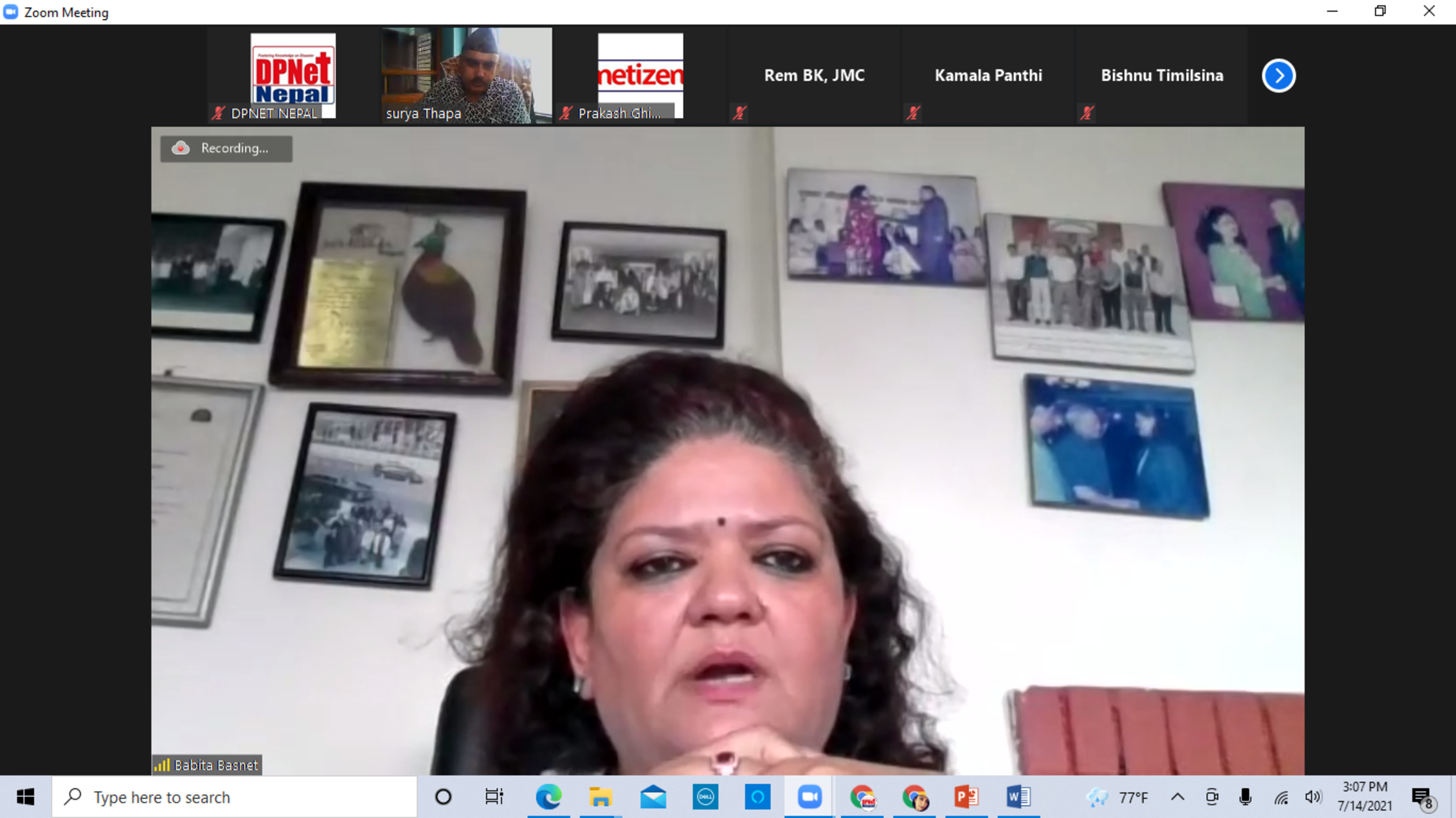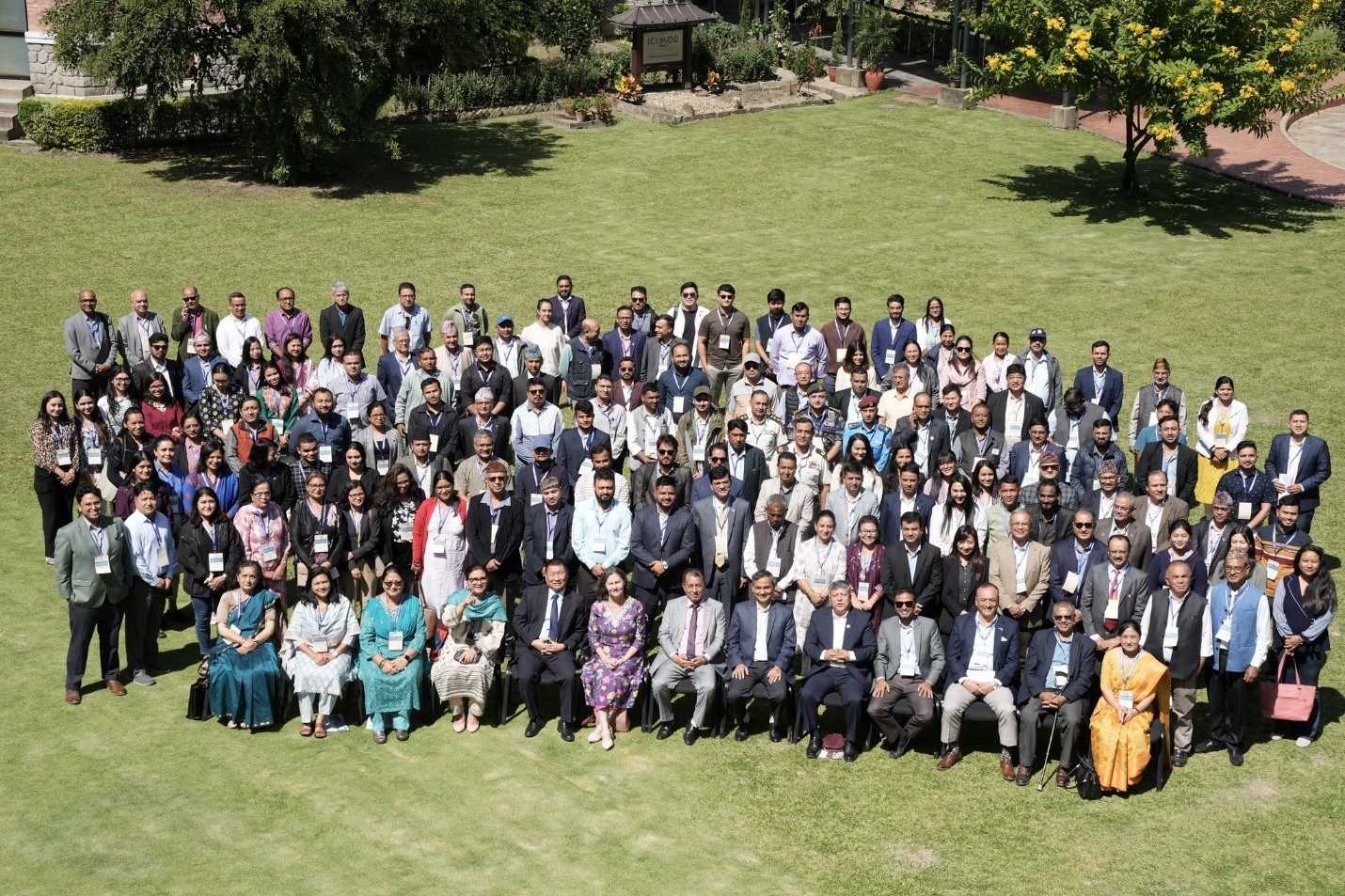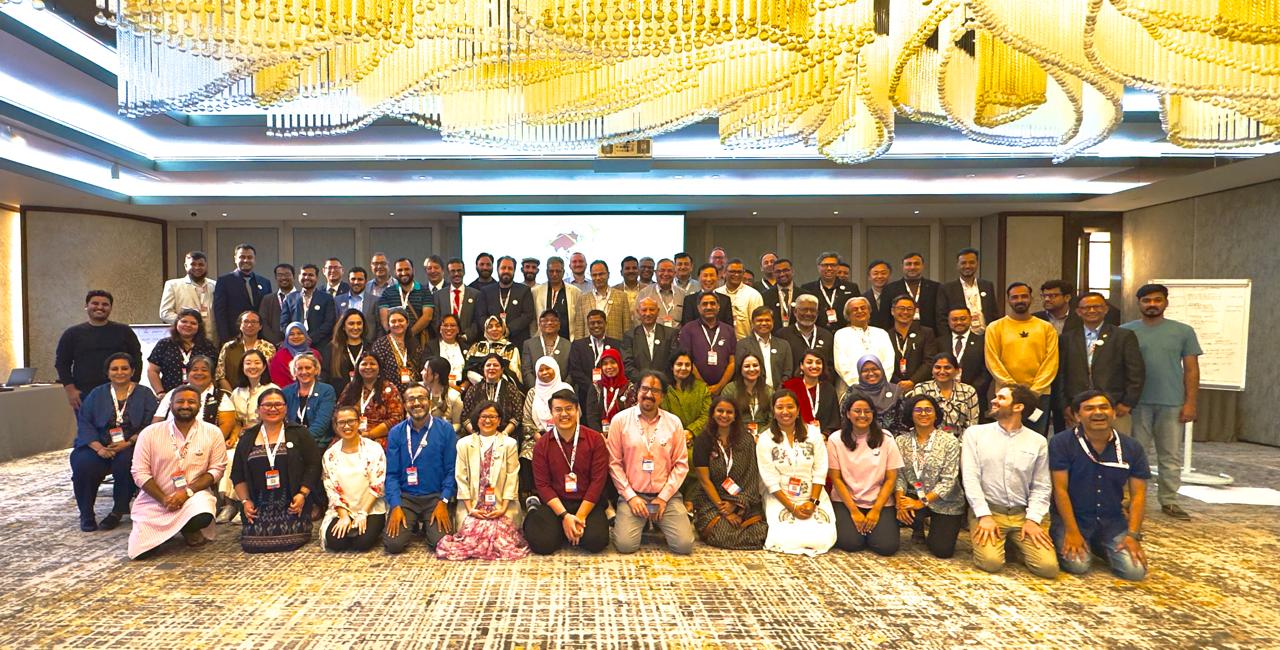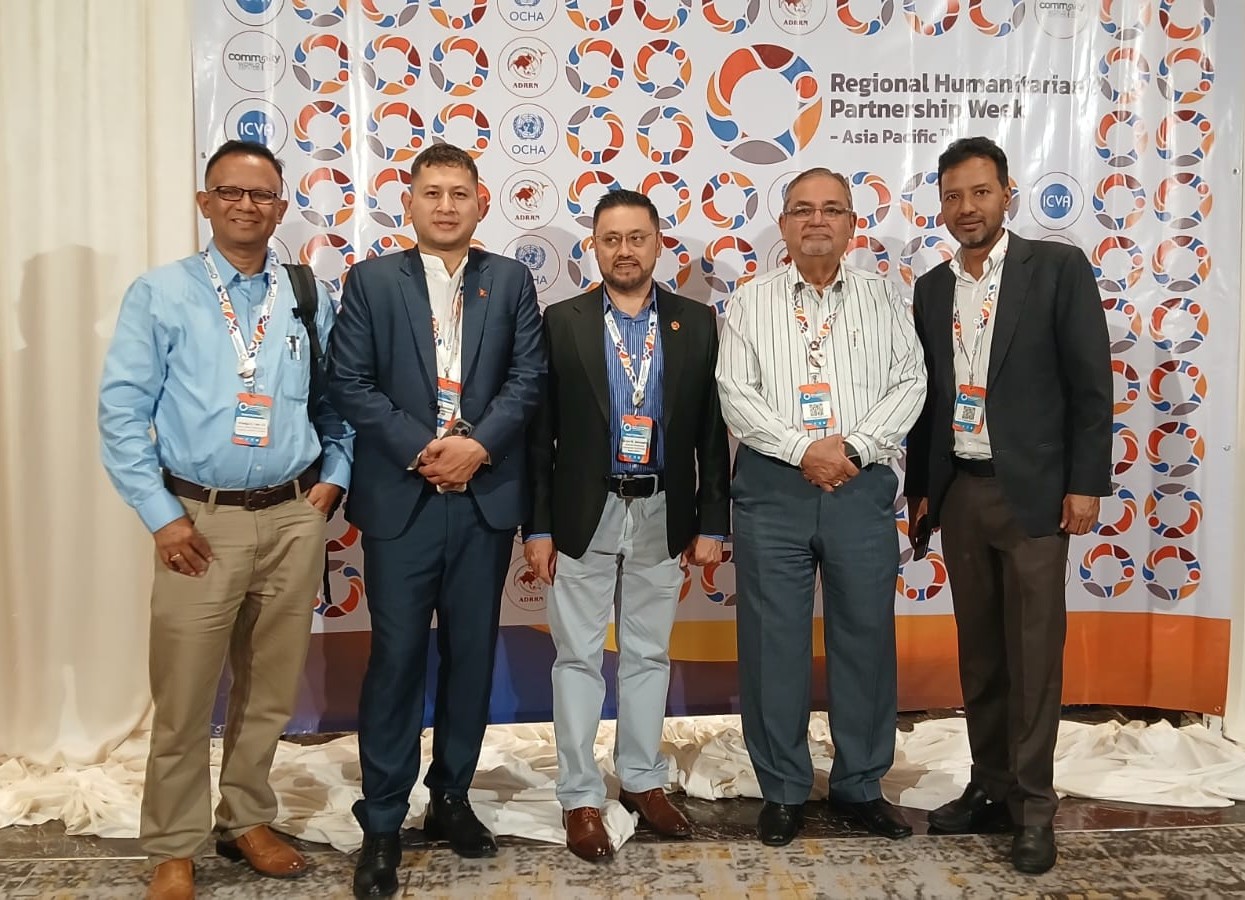National Platform for Disaster Risk Reduction (NPDRR), Subjective Committee (Information Technology and Media) Discussion Program

The Subjective Committee discussion program of Information Technology and Media under the National Platform for Disaster Risk Reduction (NPDRR) was organized by DPNet-Nepal under USAID/Tayar’s Capacity Enhancement for DRR&M project on 14th July, 2021. The program was chaired by Mr. Beda Nidhi Khanal, Under Secretary of National Disaster Risk Reduction and Management Authority (NDRRMA). Mr. Surya Bahadur Thapa, Chairperson of DPNet-Nepal in his opening remarks briefly shared about the DPNet-Nepal, NPDRR and role of media in DRR&M. He also highlighted the objective of the program. Altogether 34 participants joined the program.
Major Highlights
- Dr. Raju Thapa, General Secretary of DPNet-Nepal delivered a presentation on NPDRR Guideline and its implementation. His presentation included the brief history of NPDRR in Nepal, information about the approval of NPDRR guideline, nine different Subjective Committees of NPDRR Guideline. Furthermore, he also shared the need of localization of NPDRR by extending it in Province and Local Level and the provisions related to it in the Guideline.
- Ms. Luna Khadka, Program Coordinator shared the objectives of USAID/Tayar’s Capacity Enhancement for DRR&M project in relation to NPDRR. She said that the constitution of Nepal has given the sole responsibility of DRR&M to Local Level and concurrent responsibility to Province and Federal Government. Hence, there is a need to localize the NPDRR. Furthermore, she said that Province Level Platform for DRR will be formed in Karnali and Sudur Paschim Province and the project will also support to form the Local Level Platform in three Municipalities namely, Godavari of Kailali, Rajapur of Bardiya and Tulsipur of Dang District.
- Mr. Bishnu Prasad Timilsina, Consultant shared the draft frame of the Subjective Committee Guideline for Information Technology and Media group within the provisions of NPDRR Guideline. He shared the objectives, provision regarding the members in the committee, power, roles and responsibility of the Subjective Committee.
- The Subjective ad-hoc Committee of Information Technology and Media was formed and the team members were nominated by the participants. Ms. Kamala Panthi from Sancharika Samuha was nominated as a Coordinator, whereas, Mr. Prakash Ghimire from Netizen media was nominated as a Co-coordinator. Similarly, Mr. Rem BK from Jagaran Media Centre was nominated the Secretary- Kabita Thapa (Gorkhapatra), Babita Basnet (Sancahrika Samuha) and representatives from Siksha Patrakar Samaj were nominated as members. The formed ad-hoc committee will discuss and hold the further meeting with the wider Information Technology and Media network to include all concerned stakeholders in the Subjective Committee.
Major Discussions
- The importance of media in dragging Gender Equality and Social Inclusion (GESI) in DRR&M needs to be prioritized. We also need to focus on women journalist work in DRR&M especially during the time of event and field reporting while covering the disaster news.
- Media plays a very important role in every stage of disaster management. It has an important role in disseminating vital information to the public before, during and after disasters
- The media assists in the management of disasters by educating the public about disasters, warning of hazards, gathering and transmitting information about affected areas and facilitating discussions about disaster preparedness and response for continuous improvement.
- Direct and effective working relationships between the media and disaster management organizations should be established and maintained.
- The power, roles and responsibility shared in the draft seems more focused towards DRR actors, it is difficult to understand what the media is supposed to do. So it should be more flexible.
- It's better to include media houses rather than individuals in the Subjective committee regarding the committee formation needed to represent the wider networking organization like radio network, online media network, television networks etc. in the Subjective Committee.
Remarks
Mr. Sundeep Bista, Law and Policy Specialist of USAID/Tayar Nepal shared about the importance of Subjective Committee Group formation. He added that we should ensure women's participation in these committees. He also requested to share the draft of the guideline to their team so that they can provide feedback considering the GESI lens.
Closing
Mr. Surya Bahadur Thapa delivered a vote of thanks to, presenters, guests, support agencies and participants for their time and effort in making the event successful.
Mr. Beda Nidhi Khanal highlighted the importance of media in the DRR&M and delivered a vote of thanks and closed the program. He added that the news media gives an important message about the disaster management public service, especially in broadcasting alerts, warnings, and advisories. They can also play a helpful role in supplying needed information and directions to the affected public and disseminating information on preparedness measures for future similar disasters, stimulates volunteerism and donations.











